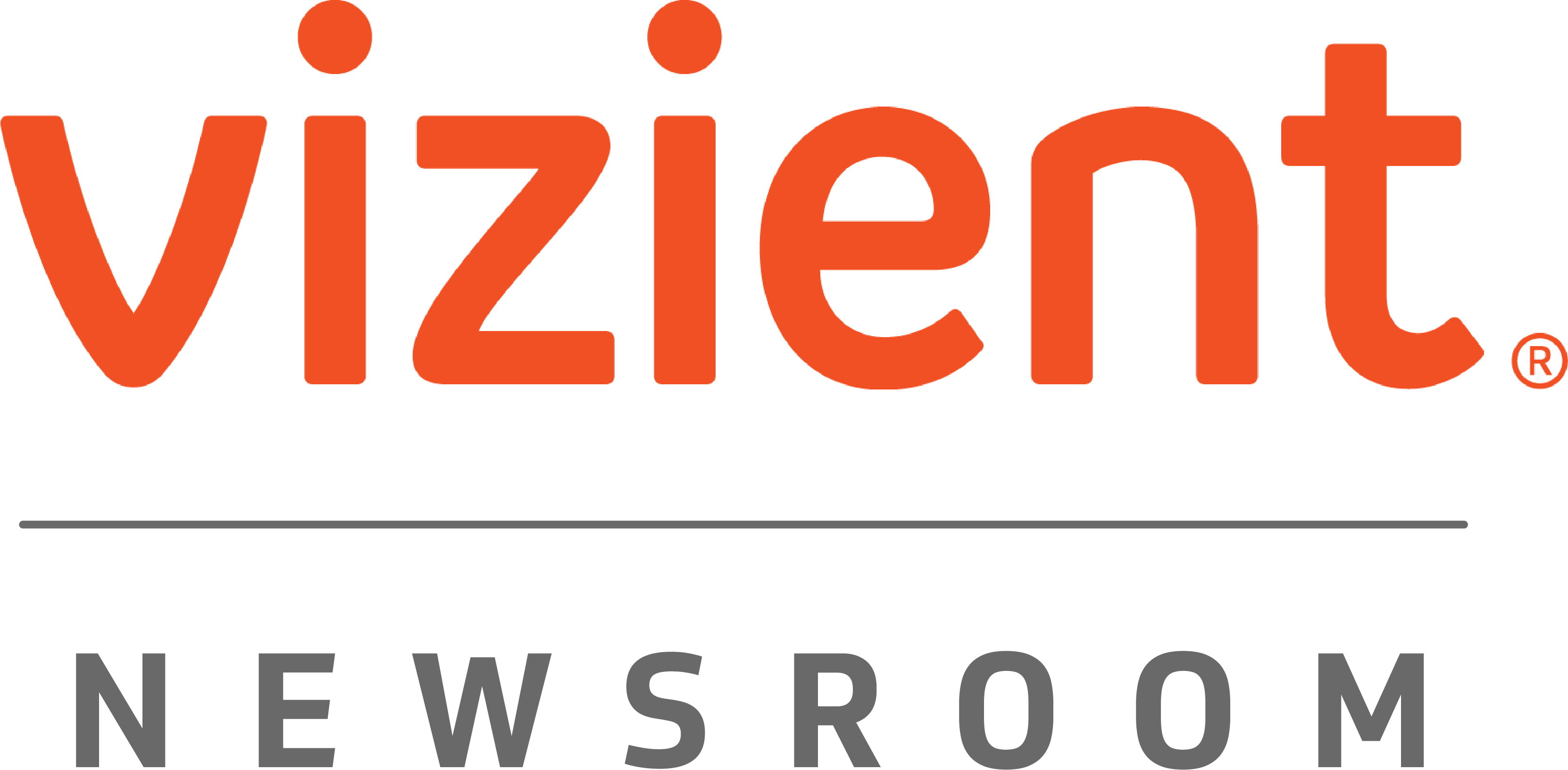Consider this your public service announcement for the day: VOTE!
Given the current political climate, I would not presume to enter the debate over which of our presidential candidates should be in the White House come 2017; we could certainly discuss that for hours ... or days ... or for the next four years. However, regardless of anyone’s opinion on our candidates, the fact remains that we will have a new president in less than 60 days and thus, changes are on the way.
Speaking for the office of government relations for Vizient, I would be remiss if I didn’t remind you that both the presidential and congressional elections (and state as well, for that matter) do carry consequences. Uncle Sam would say (I think) that it is our duty to understand the policy platforms of our candidates and the implications of those policies when considering how to cast our right to vote.
With all that is at stake in mind, I decided to offer you an easy-to-digest, non-partisan, objective description of the health care policy priorities of our two primary presidential nominees.
Based on the publicly available information on each of their websites, here you can find a detailed description of the health care policy priorities of Mr. Trump and Secretary Clinton, along with our analysis of the potential impacts those policies would have on hospitals. Much of what you’ll read will likely not catch you by surprise as many of their policy priorities mirror those that have traditionally been held by both the Democratic and Republican parties.
However, one thing is for certain. We can expect that next year will be the year of prescription drug pricing, as both candidates have signaled that drug costs are a top priority of their health care campaigns.
Additionally, in the event of a Clinton win, we can expect to see a lot of the same, in terms of embracing the Affordable Care Act (ACA) and moving full steam ahead with quality and delivery reform regulations coming out of the Centers for Medicare & Medicaid Services (CMS). In the event of a Trump win, predicting the direction of Congress and CMS is a bit more difficult, although we know that repealing the ACA would be far more likely and easier to accomplish than it has been. The reason making a prediction is a bit more difficult is simply because, as a self-proclaimed “political outsider,” it is hard to know who may be leading CMS and how Mr. Trump may engage with Congress.
Either way, 2017 will be a busy, interesting year in the world of health care policy. Come November 8, our office will be able to provide a significantly more detailed analysis of what that year ahead may look like. In the meantime, enjoy this brief summary of what your presidential nominees would like to do to our health care system and ...
... make sure to VOTE!

